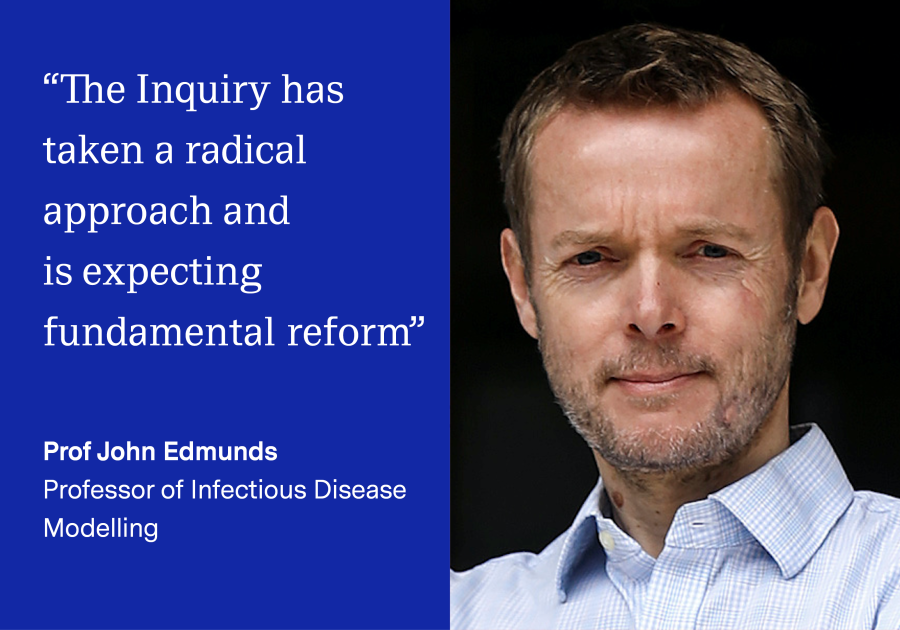
On 18th July 2024 the first findings from the UK’s COVID-19 Inquiry team was released. This report covered Module 1 of the Inquiry, which concerned itself with resilience and pandemic preparedness. The report is detailed and long, and there is a raft of recommendations. These cover things from simplifying the governance structures related to pandemic planning to improving and widening the approach to risk assessments. Here I wanted to highlight one or two of these recommendations that have the potential to impact the scientific community and are worthy of further mention, but I do recommend a read of the report, if you have time.
First, there is a recommendation that the Governments of the UK should establish mechanisms for the timely collection, analysis and secure sharing of data for emergency response. Such mechanisms need to be in place before the next pandemic. Interestingly, the report also recommends that the Government commission a wide range of research projects ahead of the next pandemic, that can be used to understand the prevalence of the new virus, measure the effectiveness of interventions and identify which groups are likely to be most affected by the pandemic and why. It suggests that these projects should be either rapidly adaptable from existing (presumably long-term) studies or should be held in “hibernation” ready to be launched when a pandemic hits. This all seems very sensible and, indeed, has been done before: the NIHR actually had such a scheme a few years ago that helped fund the CoCIN study which provided critical clinical data on hospitalised COVID cases in the UK. I expect that we shall see calls for proposals for such studies in the coming months and years.
Second, to counter the perceived problem of “groupthink” the report recommends that “red teams” should be used to “challenge the principles, evidence, policies and advice relating to preparedness for and resilience to whole-system civil emergencies”. It will be interesting to see how this will work in practice, particularly in relation to scientific advisory committees.
Lastly, the Inquiry recommends the creation of a new independent statutory body responsible for “whole-system” preparedness and response. Although there are other potential civil emergencies that effect the whole of Government/society, pandemics are the most obvious of these threats. There is a danger, therefore, that the expertise for this new agency might be taken from the body that currently has responsibility for pandemic preparedness, i.e. the UKHSA, particularly as the UKHSA will presumably lose its remit in this area. Baroness Hallett has stated that all of her recommendations should be implemented in full and that she will monitor their uptake and hold the Government to account if they are not.
The poor performance of the UK in the COVID-19 pandemic (particularly in the first year) means that it was inevitable that there would be some changes in the way that pandemic planning and preparedness is to be organised. The Inquiry has taken a radical approach and is expecting fundamental reform to be enacted in the way the UK Governments prepare for civil emergencies.
Written by John Edmunds.
LSHTM's short courses provide opportunities to study specialised topics across a broad range of public and global health fields. From AMR to vaccines, travel medicine to clinical trials, and modelling to malaria, refresh your skills and join one of our short courses today.
